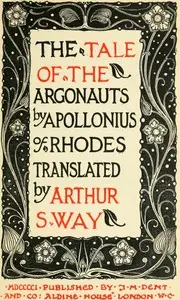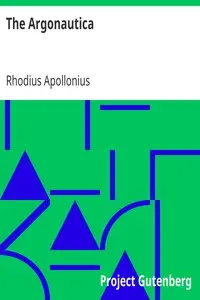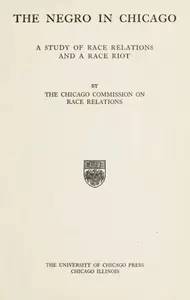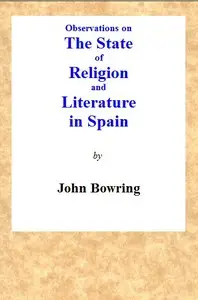"The Argonautica" by Apollonius Rhodius is an epic poem composed in the 3rd century B.C. It centers on the mythological quest of Jason and his band of heroes, collectively known as the Argonauts, as they embark on a perilous journey to retrieve the golden fleece from the distant land of Colchis. The narrative intricately weaves together themes of adventure, divine intervention, and human emotion, particularly spotlighting the relationship between Jason and the sorceress Medea. At the start of the poem, the narrative introduces Jason, who arrives in Iolcus with one sandal, fulfilling a prophecy that foretells his confrontation with King Pelias. The king, recognizing Jason as a threat to his throne, sends him on an impossible mission to recover the golden fleece as a means of disposing of him. Jason gathers a diverse group of heroes, including notable figures like Heracles, Orpheus, and the two sons of Boreas. As they prepare to set sail on the ship Argo, the opening passages highlight Jason's determination, the camaraderie of the Argonauts, and foreshadow the challenges they will face on their quest. The emotional farewell of Jason's mother, Alcimede, adds a poignant layer to the story, setting the stage for the epic journey filled with trials and tribulations ahead. (This is an automatically generated summary.)
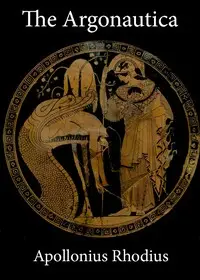
The Argonautica
By Rhodius Apollonius
"The Argonautica" by Apollonius Rhodius is an epic poem composed in the 3rd century B.C. It centers on the mythological quest of Jason and his band of...
Apollonius of Rhodes was an ancient Greek author, best known for the Argonautica, an epic poem about Jason and the Argonauts and their quest for the Golden Fleece. The poem is one of the few extant examples of the epic genre and it was both innovative and influential, providing Ptolemaic Egypt with a "cultural mnemonic" or national "archive of images", and offering the Latin poets Virgil and Gaius Valerius Flaccus a model for their own epics. His other poems, which survive only in small fragments, concerned the beginnings or foundations of cities, such as Alexandria and Cnidus places of interest to the Ptolemies, whom he served as a scholar and librarian at the Library of Alexandria. A literary dispute with Callimachus, another Alexandrian librarian/poet, is a topic much discussed by modern scholars since it is thought to give some insight into their poetry, although there is very little evidence that there ever was such a dispute between the two men. In fact almost nothing at all is known about Apollonius and even his connection with Rhodes is a matter for speculation. Once considered a mere imitator of Homer, and therefore a failure as a poet, his reputation has been enhanced by recent studies, with an emphasis on the special characteristics of Hellenistic poets as scholarly heirs of a long literary tradition writing at a unique time in history.

